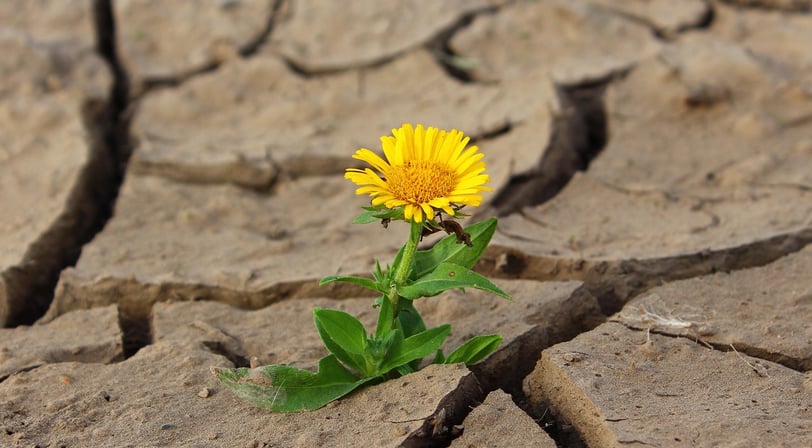Why Posttraumatic Growth (PTG) Matters More Than You Think
This blog unpacks the science and soul of Posttraumatic Growth—what it is, why it matters, and how people can transform their pain into purpose. It’s a hope-filled, no-BS roadmap to rebuilding from the inside out.
POSTTRAUMATIC GROWTH
Andrew J. Cox, MA, CEM
6/2/20251 min read


Why Posttraumatic Growth (PTG) Matters More Than You Think
We talk a lot about trauma. But not enough about what comes after.
Not just surviving it—growing from it.
What Is Posttraumatic Growth?
Posttraumatic Growth (PTG) is a genuine phenomenon. It’s a psychological framework backed by decades of research that shows people can actually become stronger after trauma, not despite it, but because of it.
It doesn’t mean the pain goes away.
It means you become someone new in response to it.
Stronger. Wiser. More connected. More courageous. More alive.
The 5 Domains of PTG
According to researchers Tedeschi & Calhoun, people who go through PTG often experience growth in five core areas:
Personal Strength – “If I got through that, I can get through anything.”
New Possibilities – Career shifts, new priorities, second chances.
Relating to Others – Deeper empathy, real connection, stronger boundaries.
Spiritual or Existential Change – A redefined sense of purpose or faith.
Appreciation of Life – A visceral gratitude for breath, sunlight, and second chances.
Real Talk: Growth Isn’t Linear
PTG doesn’t mean you’re happy all the time. It doesn’t mean the trauma didn’t hurt or still doesn’t leave scars.
It means you’ve found a way to integrate what happened, shift your identity, and carry it differently. Not like a wound—but like a weapon. One you use to build something better.
Why It Matters
Because so many trauma survivors think healing = going back to who they were before. But there is no going back. There’s only forward.
PTG gives us the map.
And at The G2 Connection, we use it every day to guide, coach, and support people ready to move from posttraumatic stress to posttraumatic strength.
If you're ready to do more than survive, you're in the right place. Reach out. Let's talk about what your growth could look like—on your terms, in your time.
